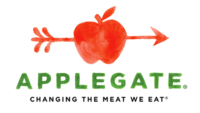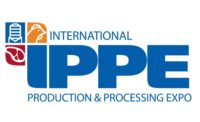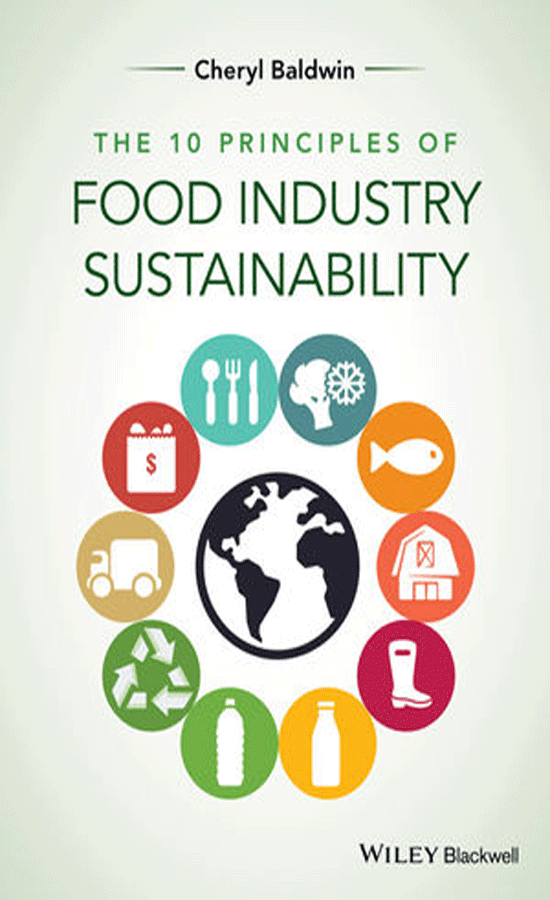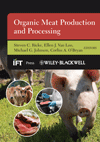Traditional food movement, rendering industry unite to promote tallow
Restaurants and food producers reintroduce this traditional fat, giving it a modern revival in culinary circles.

Courtesy of the North American Renderers Association
The Make American Healthy Again movement is championing a return to traditional food practices, which has been driving a renewed interest in tallow, a nutrient-rich and sustainable fat rendered from beef or sheep. This shift not only supports health-conscious consumers seeking alternatives to industrial seed oils but also offers significant benefits for the rendering industry. Renderers, who transform animal by-products into products like tallow, play a crucial role in reducing waste and promoting sustainability within the agricultural sector.
Recent discussions, including those led by Robert F. Kennedy Jr., have highlighted tallow as a sustainable and healthful alternative to heavily processed seed oils. Tallow is minimally processed, retaining its natural properties and content of essential fatty acids and vitamins A, D, E and K — nutrients often lacking in modern diets.
As consumer awareness grows, the rendering industry stands to benefit from the increasing demand for sustainable fats. Tallow production aligns with environmentally conscious practices by utilizing by-products of livestock raised primarily for meat, thereby reducing reliance on energy-intensive monoculture crops. The MAHA movement's advocacy for tallow underscores its role in a circular food system, highlighting the rendering industry’s contribution to creating efficient and eco-friendly solutions.
In addition to its sustainability, tallow is celebrated for its versatility in the kitchen. Restaurants and food producers are beginning to reintroduce this traditional fat, giving it a modern revival in culinary circles.
The MAHA movement’s efforts to elevate tallow as a sustainable, healthful, and practical alternative emphasize the vital partnership between renderers and advocates for sustainable food practices, ensuring a brighter future for both the industry and the environment.
Source: North American Renderers Association
Looking for a reprint of this article?
From high-res PDFs to custom plaques, order your copy today!







